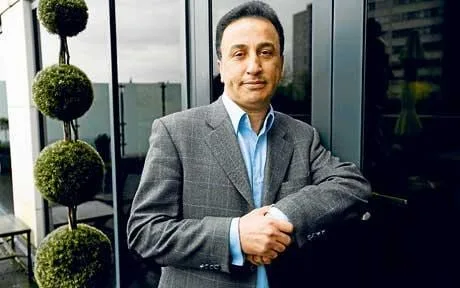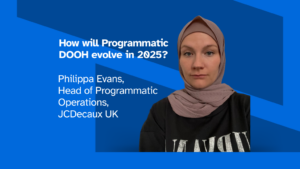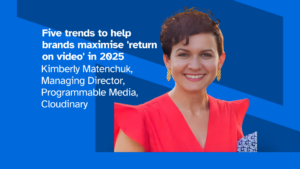By Saad Al-Saraf, CEO, Mediareach
Over the last few decades, the UK has undergone a drastic cultural shift which has seen an increase in the number of ethnic minorities living in the UK. Despite this, far too many companies are still not adequately communicating with multicultural communities. However, companies wishing to do business with ethnic minority groups need to gain a better understanding of their different audiences and stop assuming that generic marketing solutions are the right way of communicating to every audience.
Many public relations and marketing professionals lack a true understanding of their audiences – particularly their multicultural customers – and as a result, they assume that generic ways of communicating work for all audiences. However, the companies that want to survive in the current competitive climate must review the basic premise of their marketing plans, taking into account the growing market pluralism and multi-ethnic reality of modern Britain. So how can companies go about doing this?
The importance of ethnic minorities in the UK
By 2021 more than 50% of Birmingham’s population will be from an ethnic minority background,[1] while London’s BAME population will rise to over four million[2], so it’s no secret that ethnic minorities play a major role in keeping the country running, both financially and socially.
Many BAME citizens are loyal and are willing to spend a huge amount of money on something they are passionate about. For example, British Asians spend upwards of £50,000 on a wedding with lowest figures being around £25,000 – well above the average price of a British wedding which is currently £21,000.[4] Moreover, black women spend six times more on hair care products than white women.[5] But even though they play an integral role in society, organisations are not taking the right approach when trying to communicate with them.
New methods of communication are needed
Given that most people from ethnic origins are religiously sensitive and culturally conscious, they react and respond differently to generic communication messages, as the triggers and hooks needed to capture their interest are understandably fairly different. As a result, conventional and traditional communication channels are not enough to capture ‘hard to reach communities’ and so other marketing communication means need to be considered and utilised.
Due to the language barriers among multicultural groups, especially among women, older generations, and new immigrants, these communities tend to rely on their own ethnic media channels and community networks for information and entertainment. This is evident from the plethora of ethnic TV stations, radio stations and print publications that have burgeoned over the last ten years in Britain.
Companies must understand that what works for one community might not work for another. For example, in some communities’ networks are very strong, and community leaders, as well as religious leaders, play an important and influential role in opinion forming and changing behaviour. Each community requires a unique approach and it’s the responsibility of the organisation to explore what approach is most effective.
Adapting to the changing face of Britain
The UK is truly a multicultural country and it will continue to flourish in the face of diversity but if companies don’t recognise that people are different, they are going to find it hard to thrive in an increasingly diverse modern UK. The marketing departments of businesses looking to survive in the challenging and competitive times we find ourselves in need to keep pace with the changing face of the new society, or risk getting left behind.
Targeting ethnic media outlets and reaching out to religious leaders is just the start of the communication process and it is crucial that mainstream advertisers address ethnic sensitivity and not just as a one-off tokenism gesture. Creating personalised messages for different communities – and not just creating a message that attempts to speak to all – is a step in the right direction for organisations looking to efficiently and effectively communicate with the UK’s multicultural communities.









